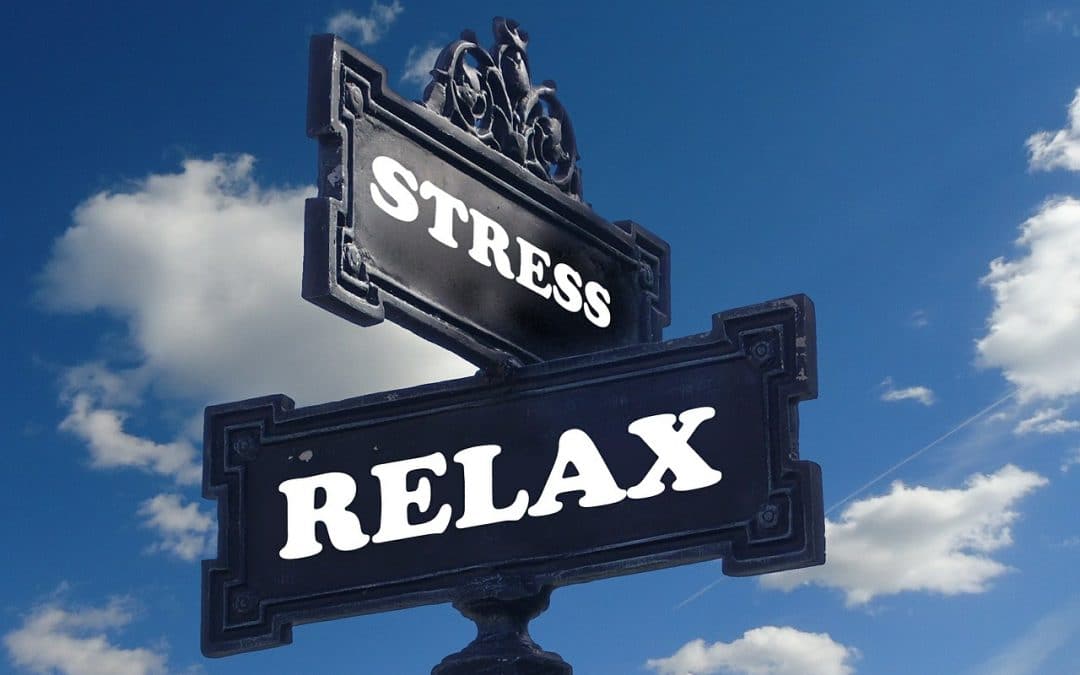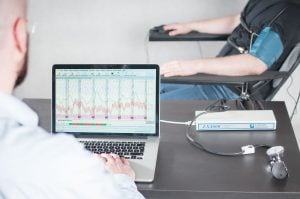Polygraph examinations are now commonly used in pre-employment screening and for pre-relationship/marriage purposes. So is there anything you need to do in preparing for a lie detector test?
The object of the test is to establish whether or not you are being honest when questions are asked of you.The polygraph equipment features sensors that monitor and record your respiration, perspiration, heart rate and blood pressure. Variations in these functions may indicate deception.
You may be confident that you’ll pass the test because you are being truthful. However, it’s not unusual for people to be anxious when taking any test. The mere fact that you have been accused of telling lies may cause feelings of stress and pressure. By preparing for a lie detector test you can overcome the anxiety significantly. Here are some things you can do to ensure you are calm before and during the polygraph examination.
Study the information
You may not be aware of the questions you’re going to be asked during the examination. But you will certainly know why you have been asked to take the test. Consider everything you know about the matter and make notes. This helps you to recall details that you may have forgotten. You will not be able to take these notes into the test but it helps you to remember the order of events leading up to the accusation that has been made against you.
If others have taken a test about the same matter, avoid discussing their test experiences. The questions posed to them may not be the same questions you will be asked.
Get a good night’s sleep
On the night before the test, go to bed early. Read a book or watch a movie – anything that takes your mind off the test. Don’t take sleeping pills, other drugs or drink alcohol as this will invalidate the results. It’s likely that a polygraph examiner will refuse to conduct the test if you have consumed alcohol or taken drugs. A good night’s sleep will refresh you and ensure your mind is alert.
If you are going to take the test in a controlled office don’t be late. Being late will give you something to worry about and the least stress you have the better. You might want to arrive slightly early so that you can compose yourself before the polygraph examination.
Preparing for a lie detector test at the pre-test interview
The polygraph examiner will sit with you and confirm your personal details. You’ll be able to chat about any concerns you have and everything related to the test will be explained to you. A significant amount time is taken preparing for a lie detector test with the examiner who will want to ensure you are calm.
Listen carefully to questions
After the pre-test interview you will hopefully lose the impression many people have that a polygraph examination is interrogatory. The possibility that you may give a wrong answer can elevate your stress levels. Listening carefully to the questions posed and taking your time to answer them is the best way to achieve optimum results. If you don’t understand the question ask for it to be posed again. Then think carefully before you answer. Speak clearly and calmly.
Polygraph examiners want to find the truth and will make sure your test goes as smoothly as possible. They are unbiased and have no predetermined opinions. Many years of training allows them to recognise the difference between natural anxiety and deception. No one should be worried about taking a lie detector test, unless of course they are lying!


